My only New Year’s Resolution for 2024 was to stop buying things. To achieve this through all of 2024, I have embarked on what the internet has dubbed as a low-buy year. Low-buy year rules can vary by the person as the concept just outlines the broad goal of reducing purchases. I decided to do a low-buy year because, after a thorough kitchen and closet cleanout, I realized I had accumulated quite a bit of “stuff” that I didn’t need or even use and wanted to prevent this build-up from happening again.
For my low-buy year, I wanted to be really intentional about my goals and how these rules would contribute to them. I didn’t want to create too many rules that would exclude activities like going to restaurants or grabbing drinks with friends because I didn’t set out to isolate myself or try to make myself miserable, but I did want to stop purchasing consumer goods like clothes, shoes, accessories, kitchen gadgets, etc. I also didn’t think it would be fair to include gifts for friends and family in the low-buy year as this was my resolution, and not theirs. I also knew they would continue to buy me gifts. In the end I settled on the following exceptions:
-Paying for activities including concerts, trips, restaurant meals etc.
-Buying gifts or the materials needed to make gifts.
-Food, toiletries, and other essentials like dish soap (but nothing outside what I normally buy and use for my daily routine ie. no face masks, makeup, candles, etc.).
My rules work for me because I didn’t embark on my low-buy year with the intention to necessarily begin saving more money than I had in previous years. Those who wish to embark on a frugal low- or even no-buy year may wish to create more rules surrounding activities such as eating at restaurants etc. and limit these to only once a month or so depending on your goals.
For me though, I wanted to cut out all the extra junk that I would accumulate with the thought that I might need it eventually. As I moved largely to thrifting in the past few years for the ethical considerations of a lower environmental impact, not increasing the demand for clothes made by organizations with unethical business practices, and the lower prices, I realized that I would often buy things that I didn’t need or that didn’t fit into the wardrobe I already had, making me want to buy more things to match the new piece. Thrifting also became a hobby and I began shopping with no clear goals of what I was looking for and would buy whatever clothes they had that I liked.
After moving three times in one year, –back to the US, to the outskirts of the city I’m living in now, and then to a new apartment in the same city– the moving process really opened my eyes to how much I had accumulated. At first, I was excited to be able to bring all my “stuff” with me to the US city I live in now as I was limited to only two suitcases when I moved abroad two years earlier. However, after my second move in the US (without movers), I would have definitely traded all that “stuff” for two suitcases on wheels. I also realized fairly quickly that having more things around me added nothing to my life.
At the same time, I had just read Having and Being Had by Eula Biss in which Biss explores the ways that the objects we accumulate also own us by demanding we spend time and money on storage and upkeep (this is also one of my favorite books I’ve read in the past year– highly highly recommend!). Not long before this, a friend recommended that I watch Century of the Self, a documentary which exposes how advertising encourages us to continuously want more and more things we don’t need to fuel the continuous growth required by capitalism.
I started by going through every single thing that I owned in my apartment and getting rid of things I didn’t use. I realized that as someone who doesn’t like to spend a lot of money the main culprits were either very low cost thrift store finds or free kitchen items that my parents didn’t want anymore. I ultimately realized that I was living with a type of consumerist scarcity mindset. I was afraid not to buy x,y,z when they were on sale or cheap at the thrift store because I worried that if I didn’t buy them now, they might not be available (for an affordable price) when I needed them. But many of these things were items I will very likely never truly need at all. The same was true of when I was offered free items. My parent’s old air-popper popcorn maker sat untouched in my kitchen cabinet for about 10 months before I finally conceded that I would never use it and got rid of it.
After donating all the things I never used or didn’t need to Goodwill, I had to start drawing some boundaries so that the accumulation didn’t happen again. I decided that I would make a list of items that I wanted to buy and wait a week or so to ensure that these were items that would truly add to my life. For example, I started a new in-person job whereas I previously worked mostly remotely and realized that I could use a pair of brown trousers. I added it to my list and eventually bought a pair that I liked and that would actually fit into my wardrobe and pair well with the things I already owned. The intentionality was key to reducing my purchases.
But then, after being at a loss of what to ask for as Christmas presents from my parents, I realized that I already have everything that I truly need. Instead of adding things to a list for myself to eventually buy, I could, instead, save these handful of purchases to ask for as presents for my birthday and Christmas. This will make the gifts feel more special as well as reduce unwanted gifts that become clutter. This realization is what led me to my current low-buy year designed to reduce clutter and time spent on consumption as well as defy the temptations of capitalist advertising.
As it is currently mid-March I am about 2.5 months into the year. Here’s what I’ve learned so far:
-Shopping became one of my hobbies and eliminating that hobby has driven me to find new ones. Its also freed up funds for more fulfilling and enjoyable pastimes. I’ve taken Arabic language, crochet, and bookbinding classes so far!
-Making gifts and –after my low-buy year ends– things for myself is a great way to ssslllooowww down consumption. Crochet takes a long time and has much less instant gratification than buying a sweater online. It requires more thought and planning which means that the things I make are more likely to be things people will actually will use.
-The library is a great resource that has most of the books I want. Borrowing books first and then asking for my favorites that I want to reread as gifts eliminated the risk of buying books I don’t end up liking.
-Not buying things I want myself has allowed me to be more strategic about gifts from family cutting down on clutter and unwanted gifts.
-I have clothes that I rarely wear, yet love. Not buying anything has given me the opportunity to get more creative with my wardrobe and pull out pieces that I haven’t worn in a long time to create fresh combinations.
-The only times I am really tempted to buy things are when the library doesn’t have a book I want to read ( :'( ) or when I go on instagram and see all the perfectly curated ads– they are everywhere! But if this challenge also means that I will reduce my time on social media, then I guess it will truly kill two birds with one stone.
Well, what do you think? Would you ever do a similar low-buy year? Or would a strict no-buy year be better suited to your goals? Let me know in the comments.
I will keep you updated on how the rest of the year goes!
*As a full disclosure I did break my rules one time: to purchase the domain name for this website. Perhaps it’s less bad since it isn’t a physical item? What do you think? Anyway, I’m giving myself a pass on that one.
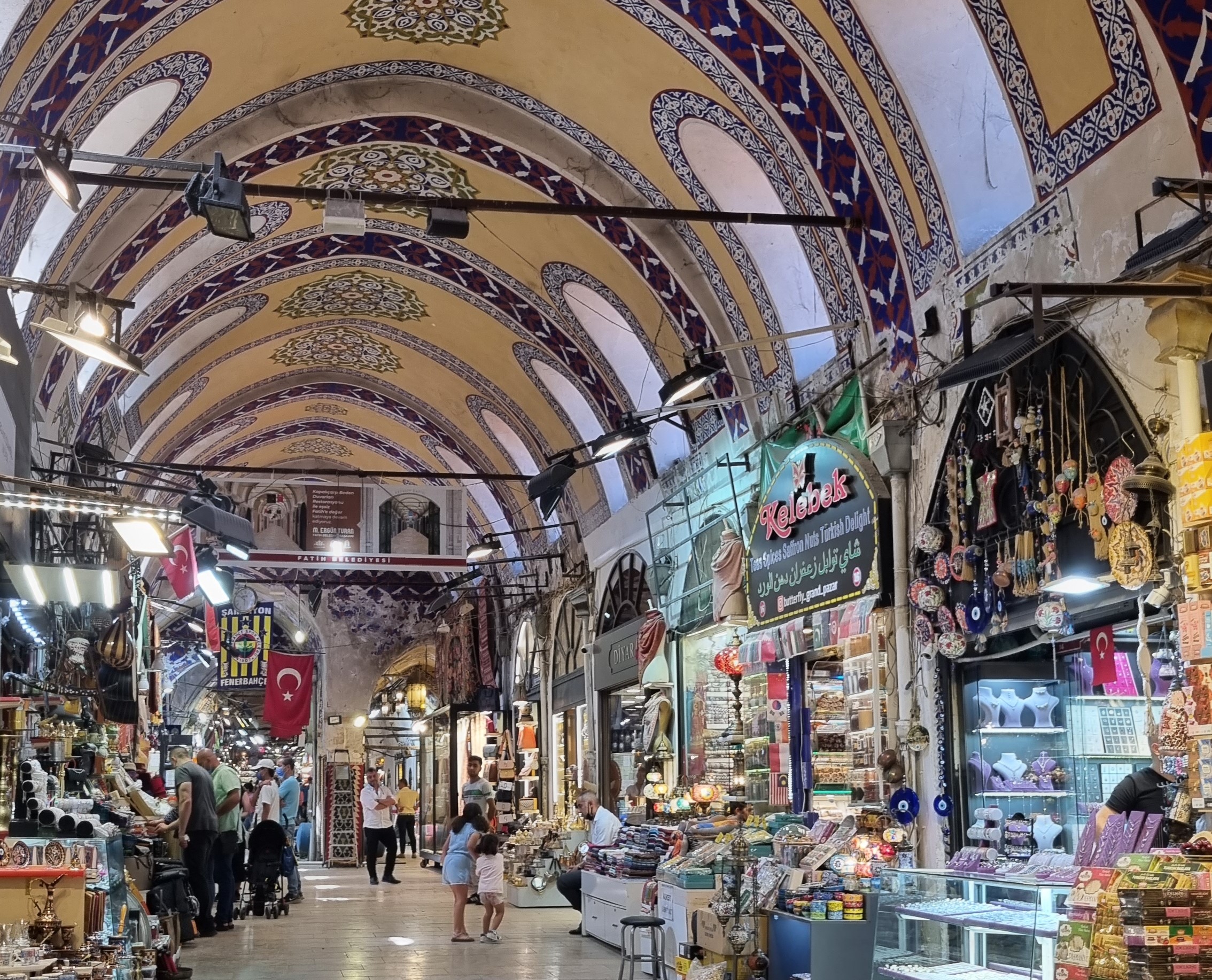

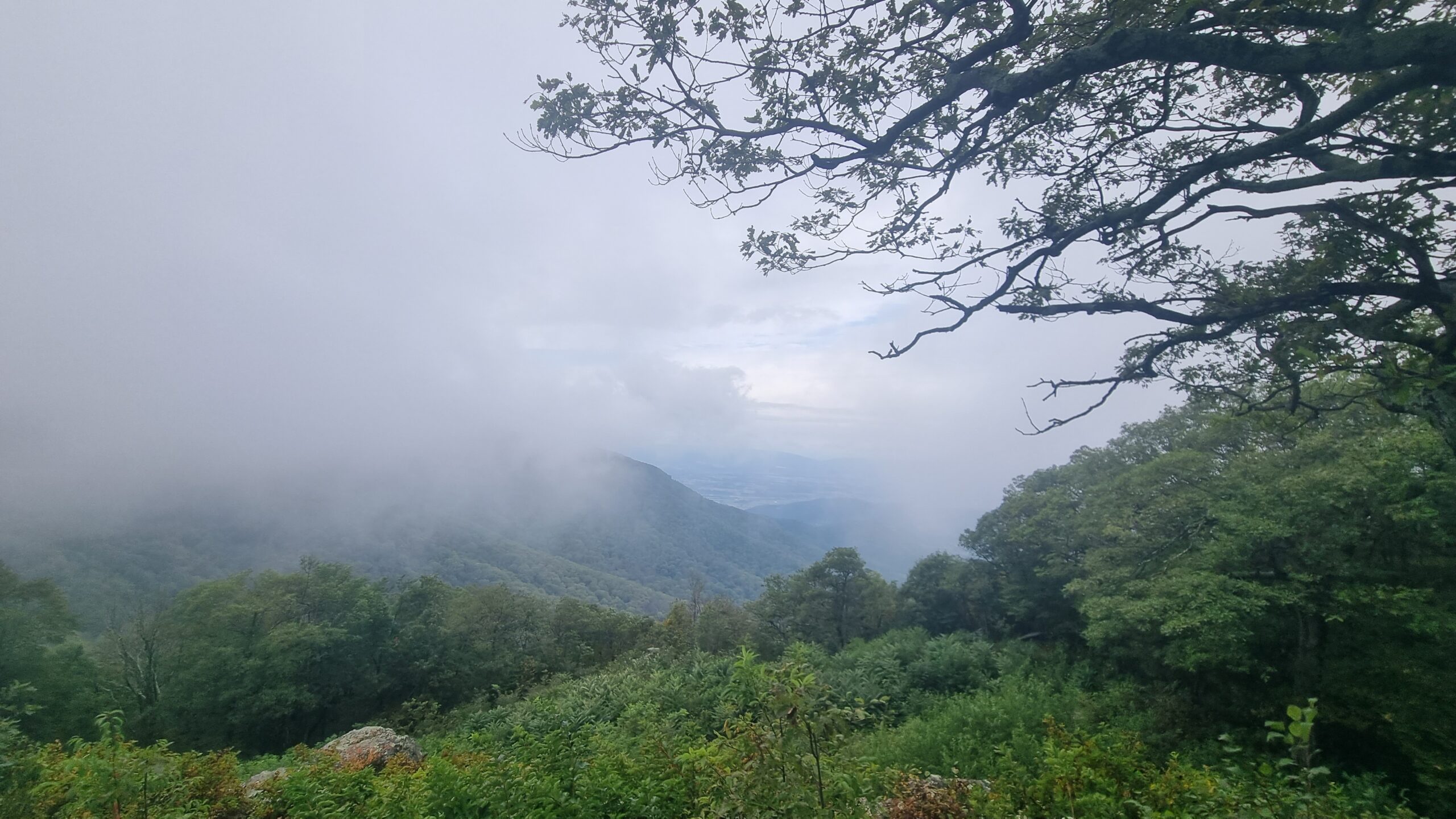
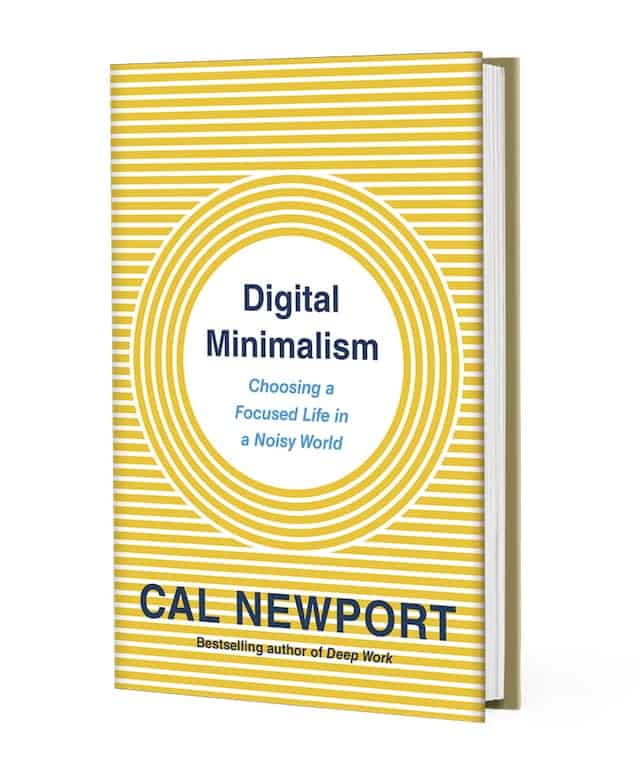
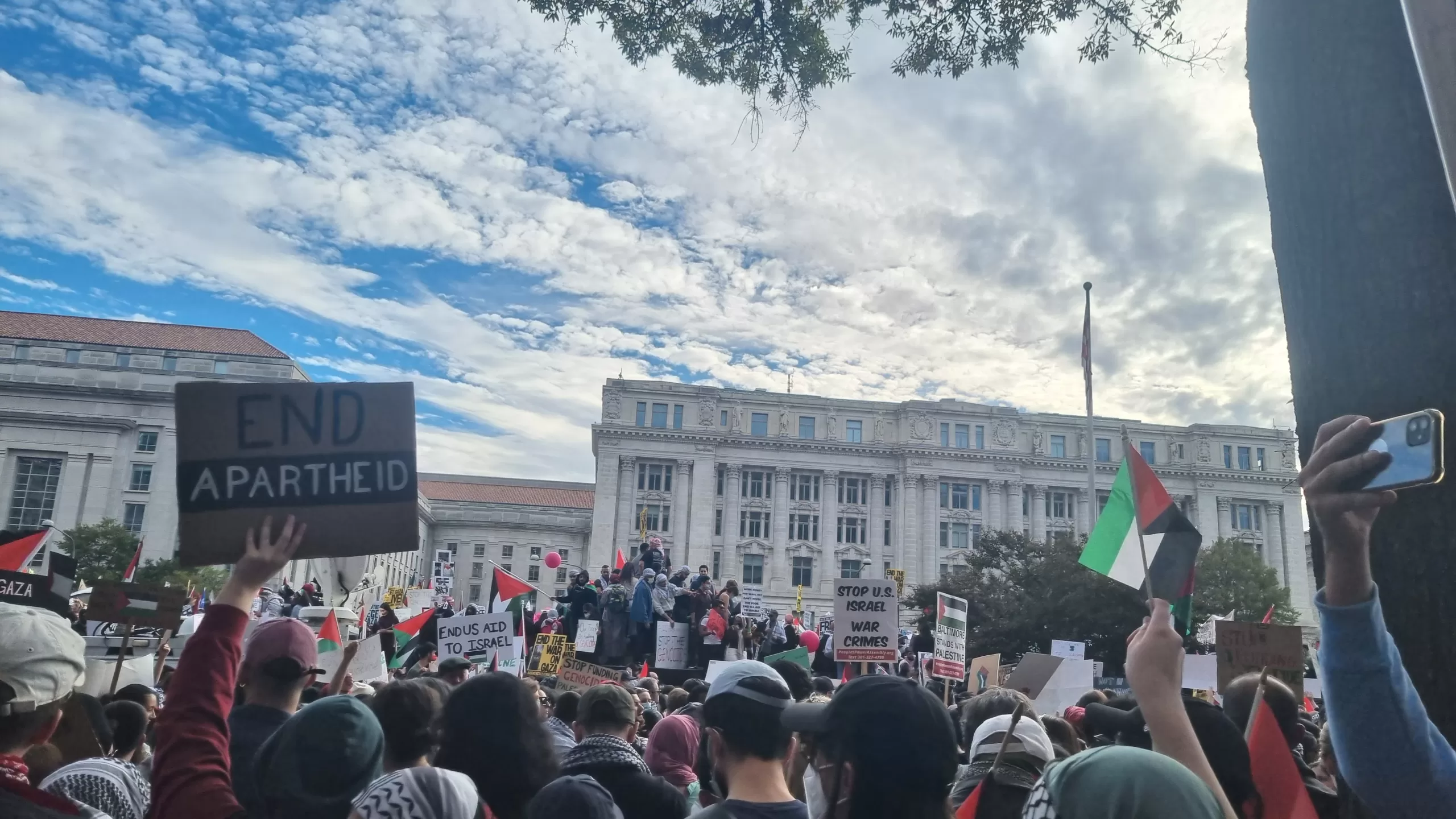
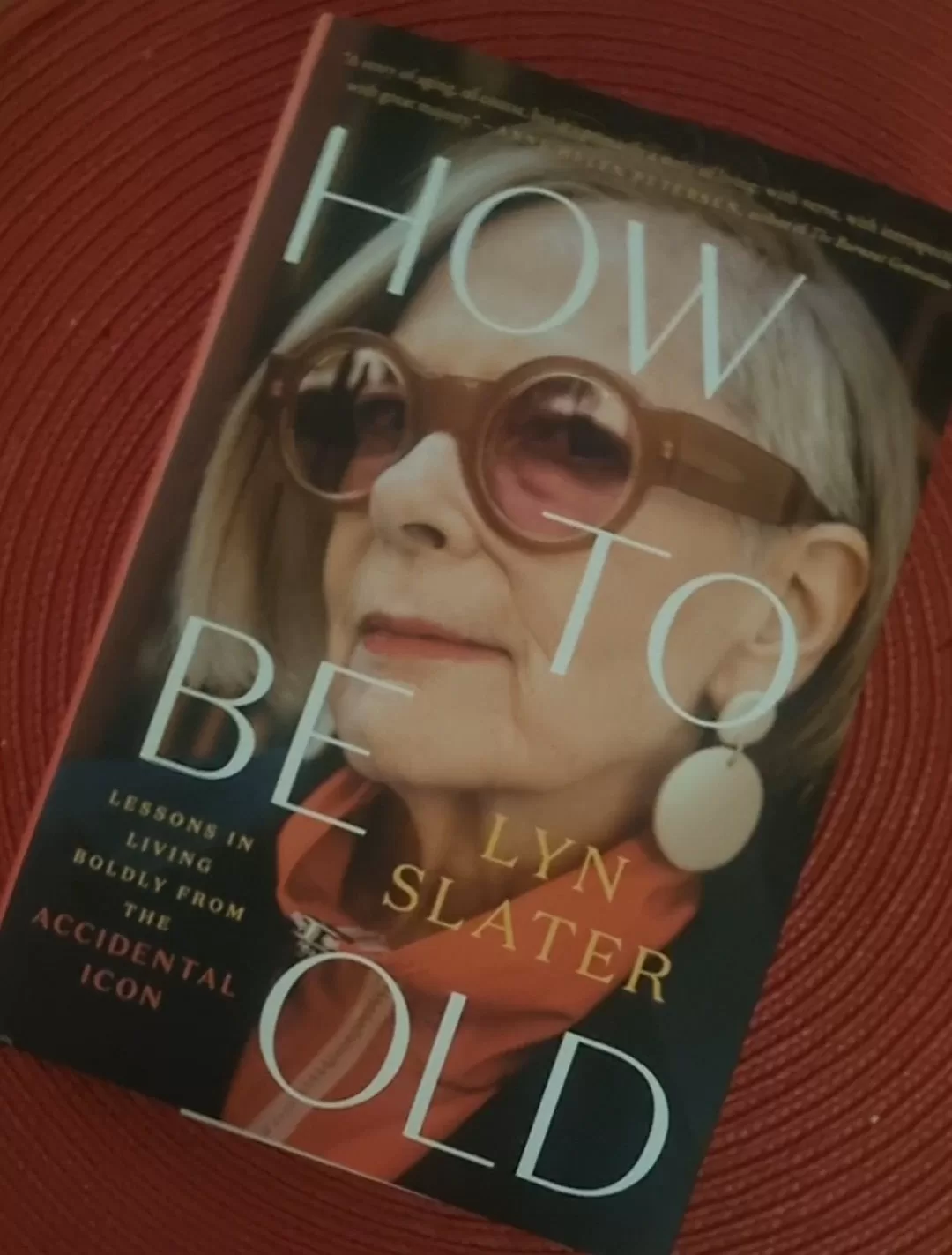
One response to “Why my new year’s resolution was to stop buying things”
[…] I find that I want to buy something (after my 2024 no-buy year is up), I’ve decided to use the following […]